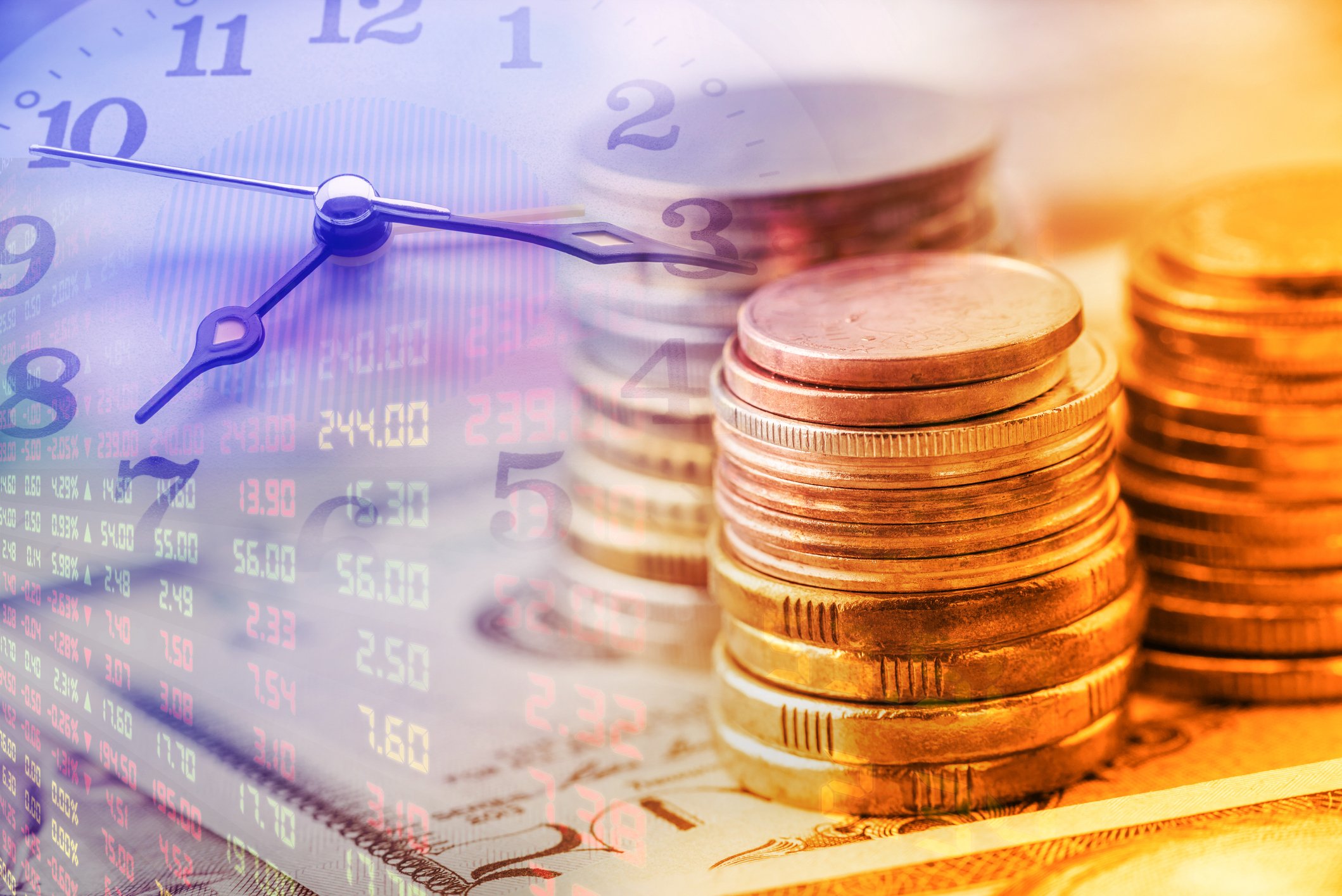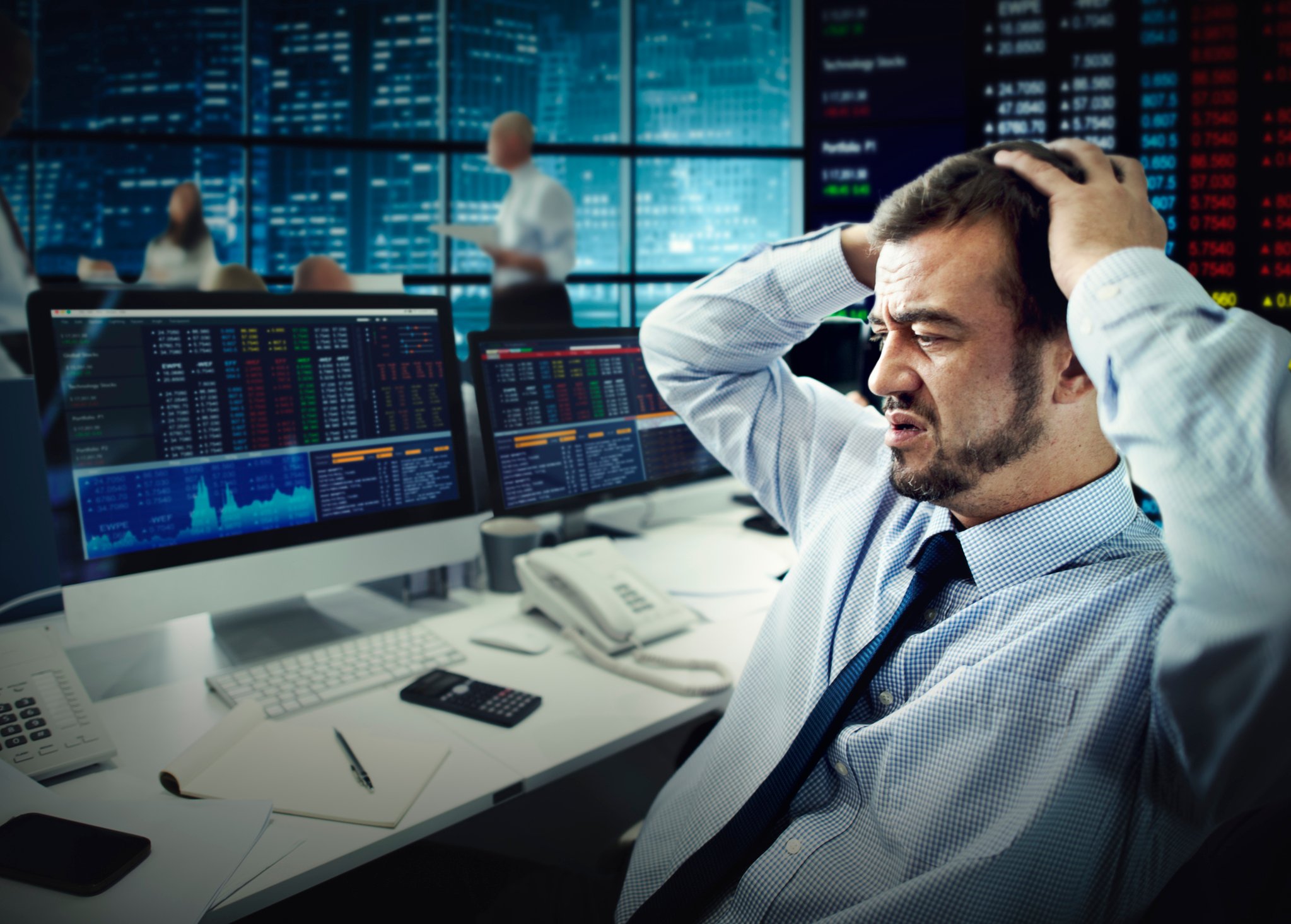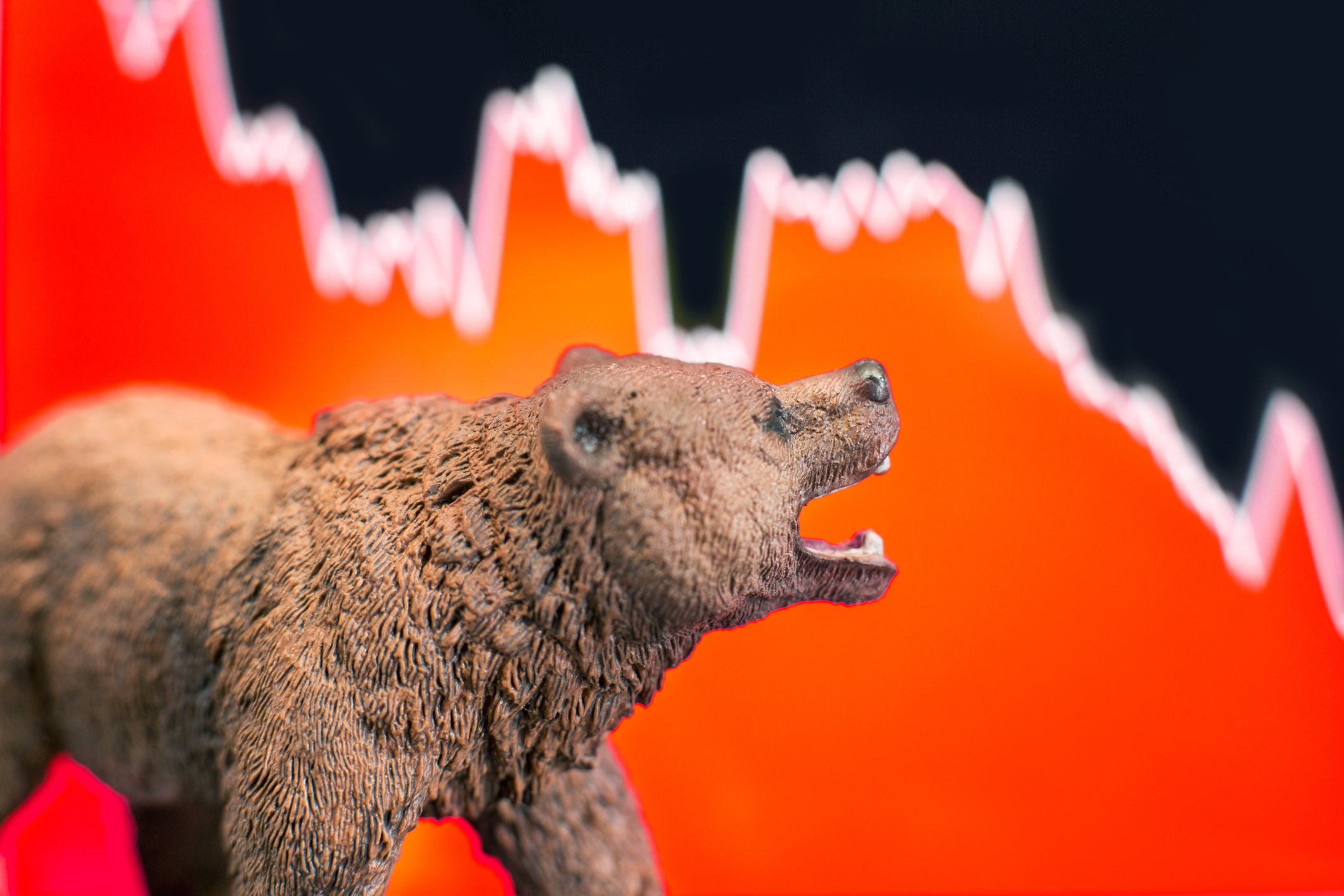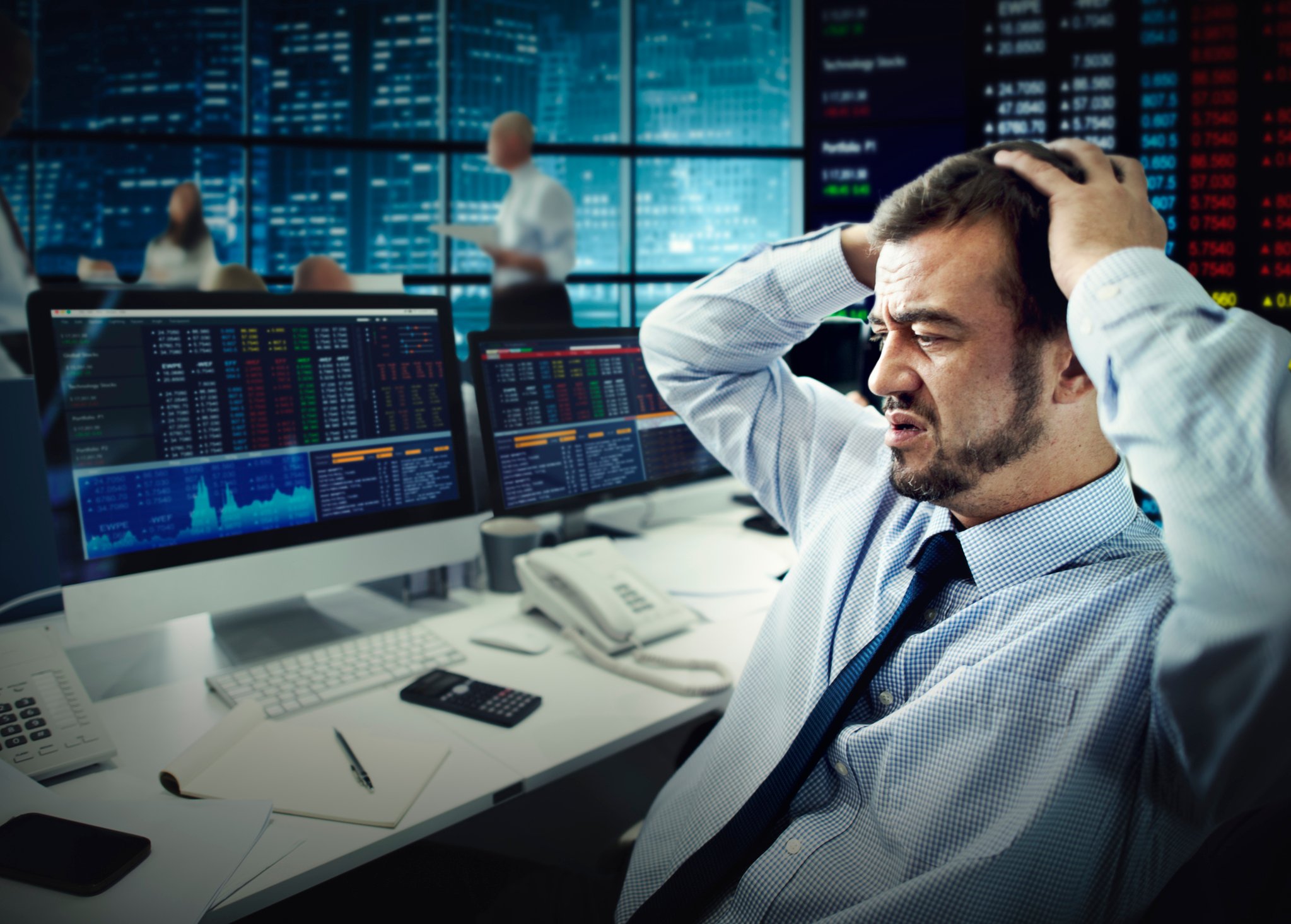The Dow Jones Industrial Average (^DJI +0.03%) is arguably the most iconic and recognizable investment index in the world. It's rich with history -- it was first published back in May 1896 -- and has grown in size from its all-time low of 28.48 on Aug. 8, 1896 to nearly 26,500 as of today. For those of you keeping score at home, that's an annualized return of about 5.7% since inception.
We've also witnessed growth in the scope of the Dow. When it was first calculated, the Dow contained just 12 companies. However, in October 1916, the Dow was expanded to 20 companies, with an additional expansion to 30 companies implemented in October 1928. Today, the Dow Jones Industrial Average continues to have 30 representative components, all of which are multinational companies from a variety of industries and sectors.
It's also worth noting that, over the years, there have been more than 50 changes made to the Dow, with companies entering and exiting based on the decision of S&P Dow Jones Indices.

Image source: Getty Images.
The Dow is a flawed index
But the Dow has its fair share of flaws, too. And the biggest one is that it's a price-weighted index.
In layman's terms, the Dow's "point" value is determined solely by the aggregate share price of its components and a divisor that gets updated when new components enter the index or splits occur. Right now, every $1 in share price for each of the Dow's 30 components equates to 6.82 Dow points. This means Dow components with the highest share prices, not the largest market caps, have more influence.
As an example, investment bank Goldman Sachs has a $200 share price, meaning it's responsible for about 1,365 points of the Dow's total value. However, Goldman's $75 billion market cap is the fifth-smallest in the Dow. By comparison, Microsoft is more or less going back and forth with Apple for the right to be called the largest public company on the planet at a valuation of $1.03 trillion, yet has a share price of around $137. This means that Microsoft, a company that dwarfs Goldman Sachs in size, has only 68% of the influence that Goldman has on the Dow. To a lot of investors, this doesn't make a lot of sense, which is why the Dow has lost some of its relevance in recent years.
But the biggest problem with the Dow's price-weighted formula is that it's a prohibitive entry for some of the largest companies in the world. In other words, a handful of big-time stocks with enormous share prices have zero chance of ever being included in the Dow, short of a considerable stock split.

Berkshire Hathaway CEO Warren Buffett at his company's annual shareholder meeting. Image source: The Motley Fool.
Berkshire Hathaway
On the surface, Warren Buffett's conglomerate Berkshire Hathaway (NYSE: BRK-A)(NYSE: BRK-B) has the look of a company that the S&P Dow Jones Indices would want in the Dow. Berkshire Hathaway has acquired more than five dozen companies with Buffett as CEO, and the Oracle of Omaha (as well as his investment team) oversees a 47-security investment portfolio that currently has a net value of more than $213 billion. With the Dow aimed at representing as many facets of the U.S. economy as possible, Berkshire Hathaway checks numerous boxes.
The issue is that Berkshire's A-class shares trade for nearly $311,000, and Buffett has suggested that there's no desire or reason to enact a split. Warren Buffett already appeased investors by introducing a lower-priced Class B share in 1996 that, following a 50-to-1 split in 2010, now offers one-two hundredth the voting rights as a traditional A share.
Berkshire Hathaway does find itself as a core component of the S&P 500, but it has no shot of being included in the Dow Jones Industrial Average.

Image source: Alphabet.
Alphabet
Another company that's virtually a lock to not be added to the Dow is Alphabet (GOOG 0.39%)(GOOGL 0.54%), the parent of Google and YouTube, among other companies. Alphabet currently ranks as the fourth-largest publicly traded company in the world, with a market cap of $829 billion. That's one spot ahead of Berkshire Hathaway and its market cap of just over $510 billion.
The problem is that Alphabet has a share price of around $1,200. Based on the Dow's current divisor, Alphabet would have more influence over the direction of the Dow than its 15 components with the lowest share prices -- combined! For additional context, that's $2.91 trillion in combined market cap for the Dow's 15 lowest-share-price companies that would play second fiddle to Alphabet.
Furthermore, the S&P Dow Jones Indices tries to keep the Dow as balanced as possible. The Index already includes five tech companies out of 30 components, meaning it would take the removal of a tech giant, such as Verizon or Cisco Systems, before Alphabet would have the remotest of chances to join the Dow.

Image source: Amazon.
Amazon.com
The third-largest publicly traded company in the world, Amazon.com (AMZN 2.05%), also has no shot of ever joining the iconic Dow, short of a considerable stock split. Amazon's $851 billion market cap is impossible to miss, but the company's $1,733 share price would be worth more than 18 of the Dow's current lowest-share-price companies put together.
And make no mistake about it: Amazon would make the Dow a more diverse index. Amazon is an e-commerce retail giant with burgeoning cloud service Amazon Web Services (AWS) and a real nose for shipping and logistics trends. No company in the U.S. comes remotely close to matching the dollar volume it controls in online sales, and AWS could be one of the largest stand-alone cloud companies today if it were a separate entity.
Although Amazon did split three times early in its existence, it hasn't done so now for 20 years -- and it looks unlikely to do so anytime soon. That likely means that Amazon has no chance of ever being added to the Dow.











